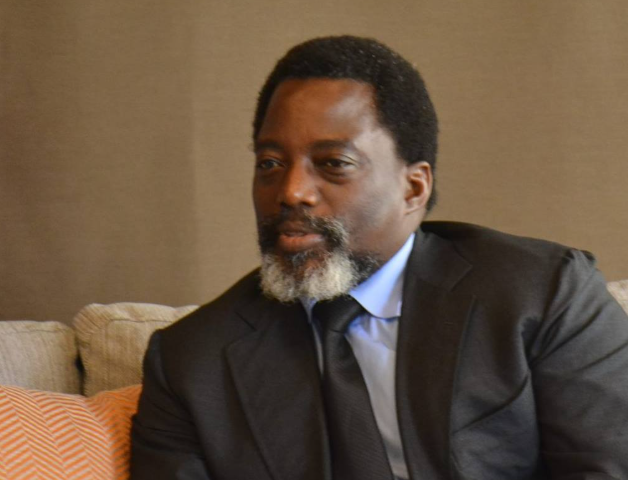In a significant development, a military court in the Democratic Republic of Congo (DRC) has sentenced former President Joseph Kabila to death, convicting him of treason and related charges. The trial, which has been ongoing since July, proceeded in absentia as Kabila’s whereabouts remain unknown. The charges against him include treason, involvement in an insurrectionist movement, conspiracy, and supporting terrorism.
Kabila, who governed the country for nearly two decades, is accused of collaborating with Rwanda and the M23 rebel group, which has seized control of key cities in eastern Congo. The government claims that Kabila played a role in the group’s insurrection, citing substantial evidence, including documents and testimonies, to support these allegations. However, Kabila has consistently denied any involvement in the rebel activities.
The DRC Senate had earlier voted to strip Kabila of his legal immunity in May, paving the way for his prosecution. The decision was viewed by Kabila and his supporters as an overreach of power, calling it a dictatorial move. Despite the legal efforts to bring him to justice, Kabila has remained outside the country for much of the post-presidency period, returning briefly in April to the city of Goma, which is under rebel control. His current location remains unclear, adding to the complexity of the situation.
The conviction and death sentence come amidst mounting political tension in the DRC, with the ongoing conflict in the eastern provinces, where M23 rebels have been active since 2012. The situation remains volatile, and analysts have raised concerns that further legal proceedings against Kabila could exacerbate the political instability, potentially sparking more violence in the region.
In response to the trial, Kabila’s political party dismissed the charges as politically motivated, describing the legal process as “pure theatre” aimed at distracting the public from the country’s more pressing issues. Alongside the death sentence, the DRC government has also initiated moves to seize Kabila’s assets, further intensifying the conflict between the former president and the current government.
As tensions rise, the future of the DRC remains uncertain, with Kabila’s fate continuing to stir debate both domestically and internationally.

